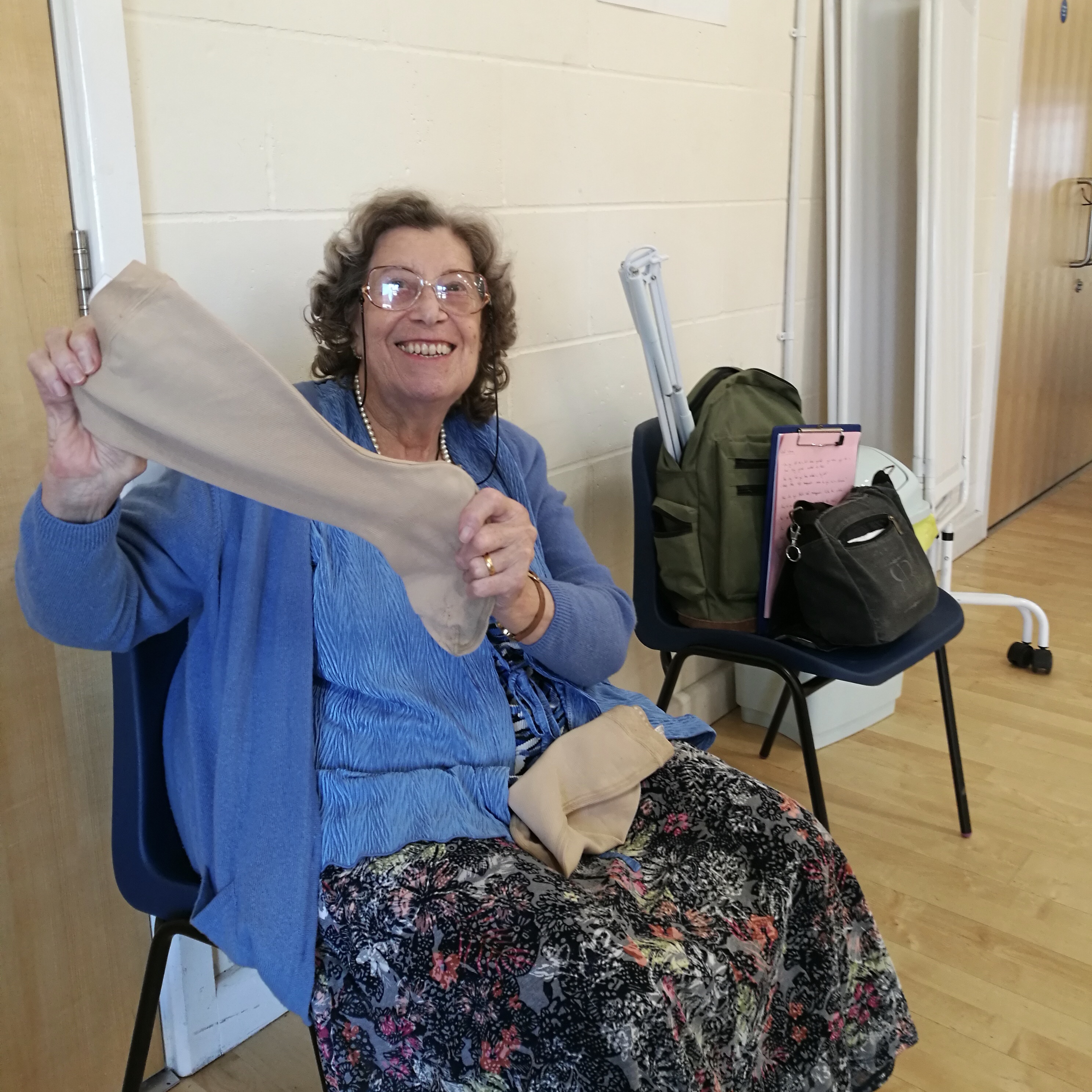Self care

North East Essex Community Services is proud to be an organisation that promotes and supports self-managed care, empowering our service users with the confidence and information they need to look after themselves and give them greater control of their own health, whilst encouraging healthy behaviours to help prevent ill health in the long-term.
Around 80% of all care in the UK is self-managed care as the majority of people feel comfortable managing their own health, particularly when they feel knowledgeable about it.
Self-managed care is obviously very varied and can include (but is not limited to) learning how to administer your own insulin, managing your own weight, undertaking physiotherapy exercises by yourself, learning how to dress your own wounds and using over-the-counter medicines.
Self-managed care is also widely acknowledged as an important solution to managing the demand for healthcare and keeping the NHS sustainable.
If you would like to find out more about how you can empower yourself to self-manage, please go to the ‘Our Services’ tab and select a service. If self-care is relevant within that service you will find information such as downloadable leaflets, links to exercise tutorials and links to relevant websites.
Patient Experience
Involving our patients, relatives, carers and community to improve Patient Experience is central to our success as an Organisation.
If you want to know more about how we value the patient experience please click here
Accessing Interpretation and Translation Services
We are committed to ensuring that all service users or their representatives are communicated with effectively, thus improving their overall experience of the quality of service they receive. Failure to do so can result in breach of duty of care and negligence and institutional discrimination.
We are committed to the elimination of discrimination in providing services to its diverse population as we believes all service users, or their representatives should be able to access its services equally. No-one should experience a poor quality service as a result of not being able to communicate either verbally or non-verbally. Failing to communicate effectively with service users can impact on their experience and health outcomes and it may have serious implications such as misdiagnosis and treatment.
Therefore providing good quality communication services to the diverse communities it serves and will take all necessary steps to ensure all forms of verbal and non-verbal communication are made available when required, such as interpreting, translation, Braille, signing and transcription in order to meet identified needs.
If you need further information on how to access these communication services please contact our Patient Liaison Services (PALS) in the first instance on 0800 819 9030.